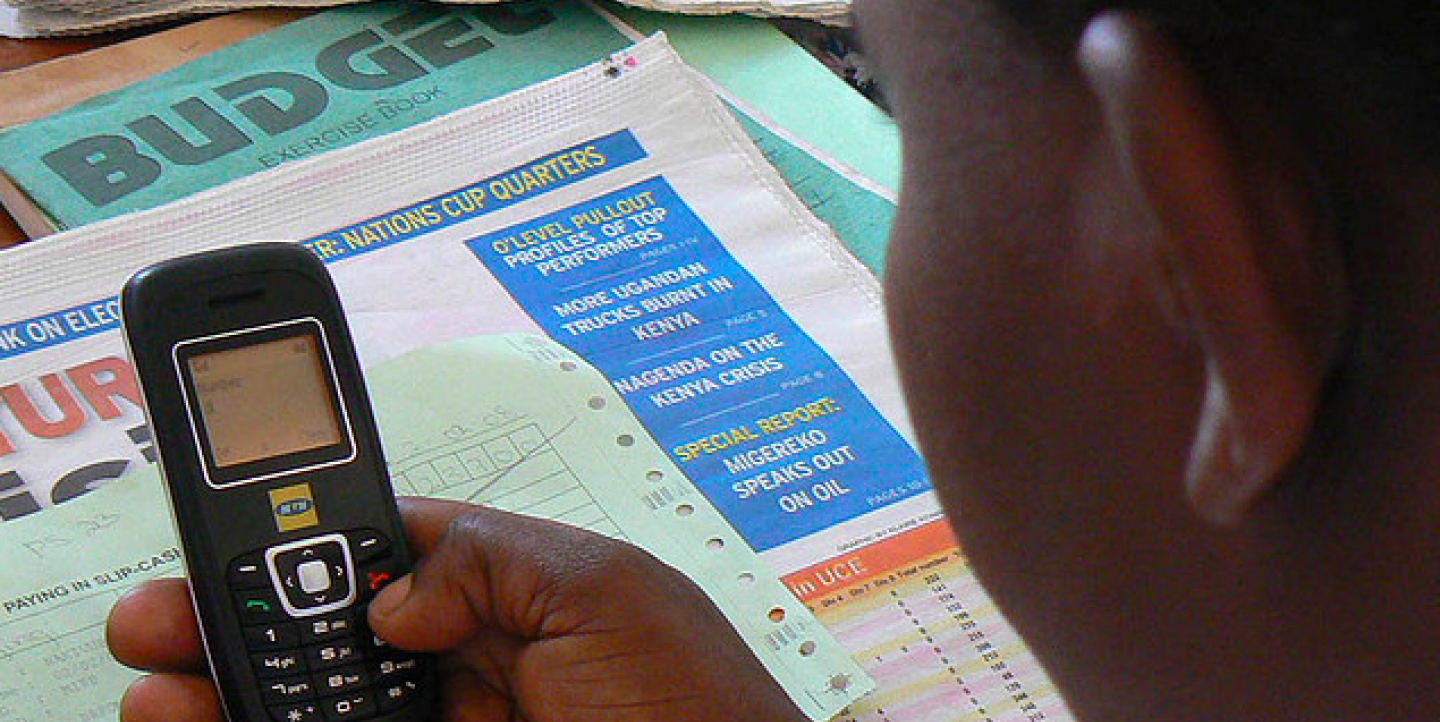From a mobile toolkit for documenting mining and drilling in the Peruvian Amazon to tools for delivering Wikipedia entries via text messages in multiple languages, the latest round of Knight News Challenge winners will use mobile tech to improve the quality and delivery of information.
Eight projects won a combined US$2.4 million, plus expert advice to help them accelerate and advance their work as winners of the Knight News Challenge: Mobile. The contest held three rounds last year. More than 500 projects entered this round, which invited entries “that harness mobile technology to inform and engage communities.”
“In 2013 the number of Internet-enabled mobile devices is expected to be greater than the number of computers for the first time. These eight Knight News Challenge projects, and the innovators behind them, are helping to stretch the ways people around the world are engaging with information and using it to shape their communities,” said Michael Maness, VP for journalism and media innovation at the John S. and James L. Knight Foundation, which runs the contest.
Knight Foundation will hold two rounds of the News Challenge in 2013. The next round, launching in February, will focus on tools for open government.
The winners of this round are:
Wikimedia Foundation, the nonprofit arm of Wikipedia, wants to improve access to information in the developing world without prohibitive data charges.
WITNESS will help newsrooms authenticate the deluge of photos and videos emerging from news events by creating an app that automatically stamps the content with identifying information, including the location where it was taken.
Digital Democracy will enable residents of the Peruvian Amazon to document the effects of mining and oil drilling by creating a mobile tool kit they can use to collect and share data.
RootIO is testing software in Uganda that will connect basic mobile phones with a transmitter to turn them into micro community radio stations.
Abayima is creating an app that turns a SIM card into a storage device for news and information. The app will be particularly useful in crisis situations, allowing journalists and others to safely transfer information when communication networks are compromised or disabled.
Textizen expands citizen input by placing survey questions in physical places like parks and bus stops where residents will encounter them and can text in their opinion.
TKOH will create a tool for recording oral histories with an app that prompts people to tell stories when they see pre-selected photos or videos.
Cafédirect Producers’ Foundation, piloted in Kenya, will connect small farmers in developing countries with advice and feedback via a platform through which they can ask questions and have them quickly answered by farmers in other communities.
Learn more when the winners give lightning talks about their mobile projects Jan. 18 at 12:30 p.m. Eastern Time via livestream from Arizona State University. You can also follow the #newschallenge hashtag on Twitter and read detailed project descriptions here.
Photo courtesy of Ken Banks, kiwanja.net.


